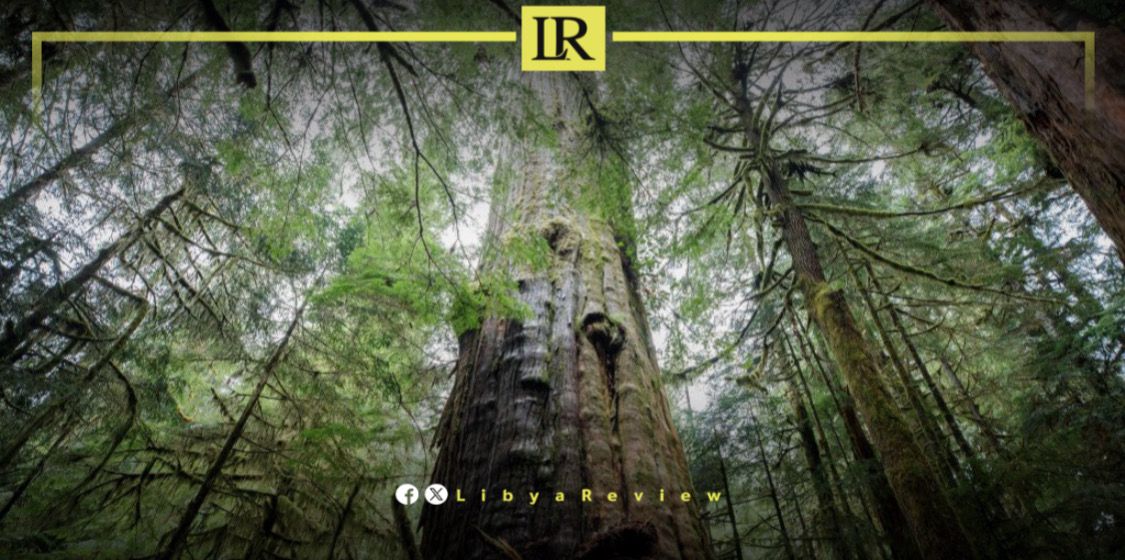A report by “Al-Nahar Al-Arabi” highlights the growing threat of desertification to Libya’s food and water security, noting that half of the Green Mountain region has turned yellow.
The report indicates that Libya is experiencing unprecedented temperature rises amidst discussions of climate change and its impacts on a country already struggling in numerous areas.
Over the past two years, international and local environmental organisations have raised alarms about the expanding desertification in Libya, which now poses a significant threat to food security.
The report points out one of the first signs of this crisis is the unprecedented increase in meat prices, primarily due to the decline in local livestock herds caused by water scarcity and the encroachment of desertification into grazing areas.
Furthermore, the report recalls that last September, the Green Mountain region suffered the most severe climatic disaster in Libya’s history when devastating floods struck its cities following Storm Daniel.
In the absence of effective official institutional response, activists have launched grassroots initiatives to plant trees in neighborhoods and streets under the banner “Plant a Tree.”
Libya has been in chaos since a NATO-backed uprising toppled longtime leader Muammar Gaddafi in 2011. The county has for years been split between rival administrations.
Libya’s economy, heavily reliant on oil, has suffered due to the ongoing conflict. The instability has led to fluctuations in oil production and prices, impacting the global oil market and Libya’s economy.
The conflict has led to a significant humanitarian crisis in Libya, with thousands of people killed, and many more displaced. Migrants and refugees using Libya as a transit point to Europe have also faced dire conditions.
The planned elections for December 2021 were delayed due to disagreements over election laws and the eligibility of certain candidates. This delay has raised concerns about the feasibility of a peaceful political transition.
Despite the ceasefire, security remains a significant concern with sporadic fighting and the presence of mercenaries and foreign fighters. The unification of the military and the removal of foreign forces are crucial challenges.


